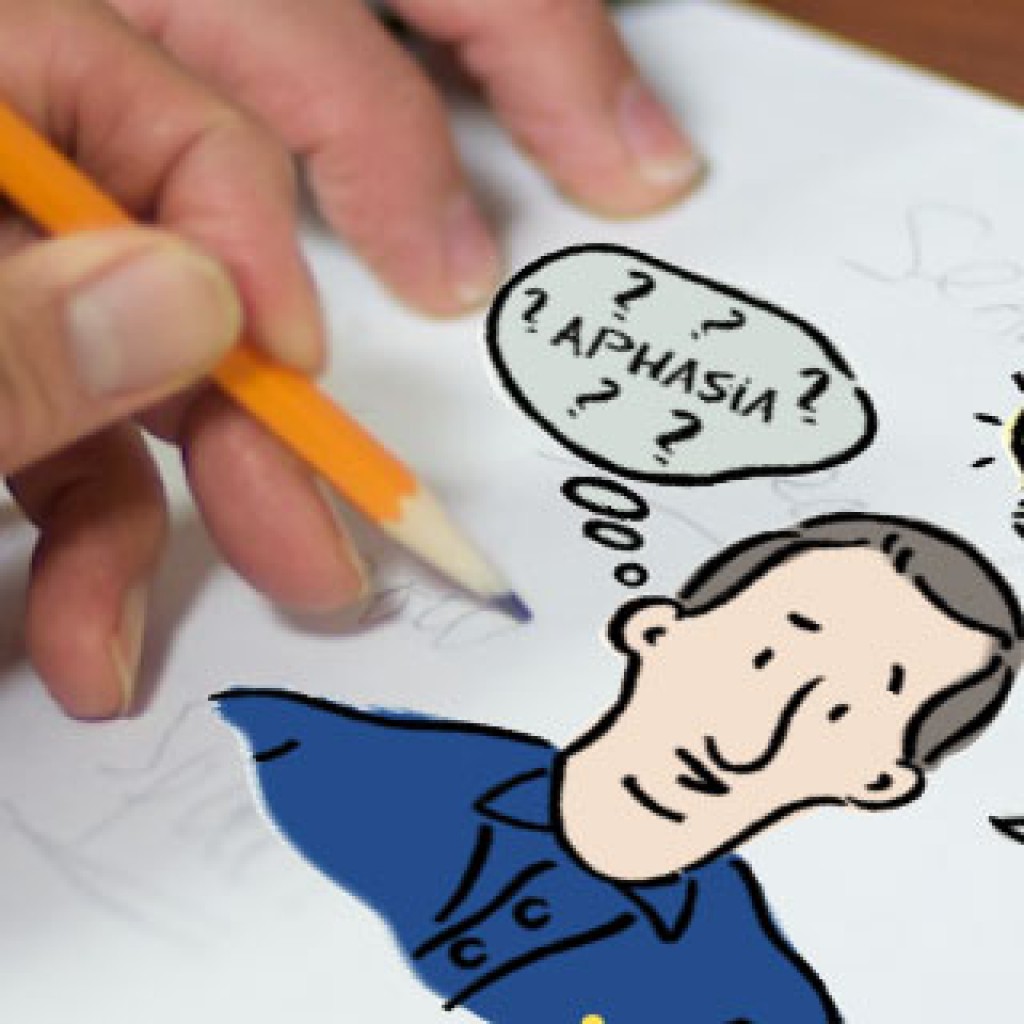Aphasia (UH-FAY-ZEE-UH) is a communication disorder, resulting from stroke, brain injury, or brain illness. Although people with aphasia remain competent, aphasia can affect speaking, understanding spoken language, reading, writing, and/or participation in daily conversations.
People with aphasia have a communication barrier. This means that talking and understanding including the ability to communicate opinions, feelings, thoughts and emotions is hard. This has a devastating impact on human connection – the ability to interact and have conversations with people. Without the ability to participate in conversation, every relationship, every life role and almost every life activity is at risk. Conversation is core to the ability to participate in virtually every realm of adult life. The result is often loss of self-esteem and profound social isolation. Reading and writing are often also affected which makes aphasia even more challenging.
BUT
People with aphasia do know what is going on. Even when the aphasia is severe, many are capable of participating in decisions that pertain to them if the appropriate support is provided – similar to giving a wheelchair or walker to someone who can’t walk. The abilities of people with aphasia are often underestimated when there is a problem with understanding what others say. The easiest way to grasp this is to think of yourself in a country where you do not speak the language. You would not be able to express yourself, understand others, read or write – but this does not mean that you would not know what you want to say or communicate.
Aphasia results in barriers to accessing relevant stroke and other healthcare services and information. There are over 100,000 Canadians living with aphasia today.1 One in three stroke survivors are diagnosed with aphasia. The number of people with this devastating disorder is expected to increase significantly as the population ages.
1 Dickey, L., Kagan, A., Lindsay, M. P., Fang, J., Rowland, A., & Black, S. (2010). Incidence and profile of inpatient stroke-induced aphasia in Ontario, Canada. Archives of physical medicine and rehabilitation, 91(2), 196-202.

